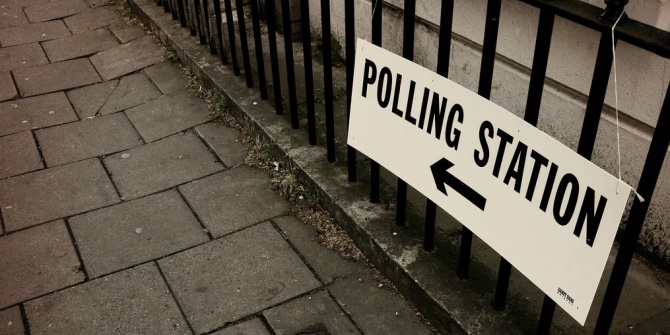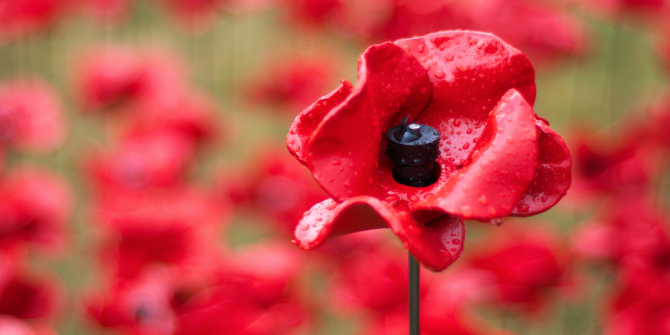 Image Credit: Poppies, Tower of London, 2014 (Andy Thornley CC BY 2.0)
Image Credit: Poppies, Tower of London, 2014 (Andy Thornley CC BY 2.0)
To mark the he centenary of the Armistice that ended the First World War, LSE Book Reviews recommend five recent academic books that explore different aspects of the conflict, ranging from the significance of 1917, the crucial role played by women scientists and the often neglected experiences of Muslim combatants.
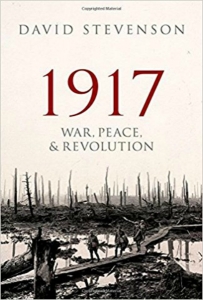
1917: War, Peace, Revolution. David Stevenson. Oxford University Press. 2017.
This book offers a detailed and well-structured narrative of the complex, interlocking events of this fateful year, with an eye to their subsequent impact on the unfolding twentieth century. Benjamin Law recommended David Stevenson’s masterful account as essential reading.
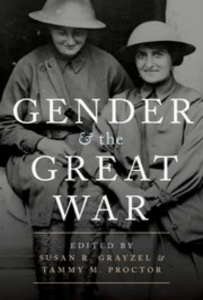 Gender and the Great War. Susan R. Grayzel and Tammy M. Proctor (eds). Oxford University Press. 2017.
Gender and the Great War. Susan R. Grayzel and Tammy M. Proctor (eds). Oxford University Press. 2017.
This edited collection explores the role of gender in wartime, examining diverse experiences of World War One that extend beyond the Western Front. Matthew Kovac found this an insightful, balanced and admirably wide-ranging volume that offers a valuable introduction for new students and supplies ample food for thought for seasoned scholars in the field.
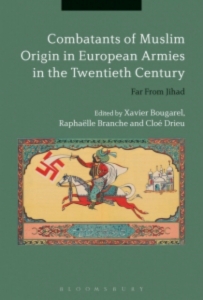 Combatants of Muslim Origin in European Armies in the Twentieth Century: Far from Jihad. Xavier Bougarel, Raphaëlle Branche and Cloé Drieu (eds). Bloomsbury. 2017.
Combatants of Muslim Origin in European Armies in the Twentieth Century: Far from Jihad. Xavier Bougarel, Raphaëlle Branche and Cloé Drieu (eds). Bloomsbury. 2017.
This collection attends to the everyday experiences and practices of the Muslim combatants who fought in the ranks of various European armies, but have hitherto been neglected in many existing historical studies. Sneha Reddy praised the book’s non-Anglocentric approach, making it essential reading for scholars looking to deepen their understanding of the World Wars.
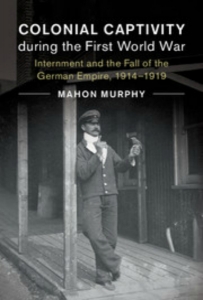 Colonial Captivity during the First World War: Internment and the Fall of the German Empire, 1914-1919. Mahon Murphy. Cambridge University Press. 2018.
Colonial Captivity during the First World War: Internment and the Fall of the German Empire, 1914-1919. Mahon Murphy. Cambridge University Press. 2018.
This book offers a comprehensive study of the experiences of the 20,000 Germans in colonies who spent time in Allied captivity during World War One. Joshua Smeltzer recommended this impressive analysis that uses internment as a prism to examine the War’s extra-European theatres, underscoring the conflict’s global dimensions and critically examining imperial notions of race.
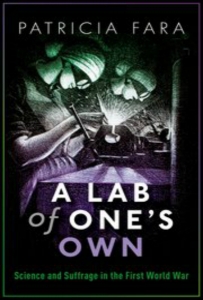 A Lab of One’s Own: Science and Suffrage in the First World War. Patricia Fara. Oxford University Press. 2018.
A Lab of One’s Own: Science and Suffrage in the First World War. Patricia Fara. Oxford University Press. 2018.
This book follows the trajectories of women scientists during World War One, describing their struggles in academia and laboratories in tandem with the battle for the vote and the war unfolding across various fronts. Cléo Chassonnery-Zaïgouche praised the book for its complex and nuanced account of the changing status of women scientists in the early twentieth century.



